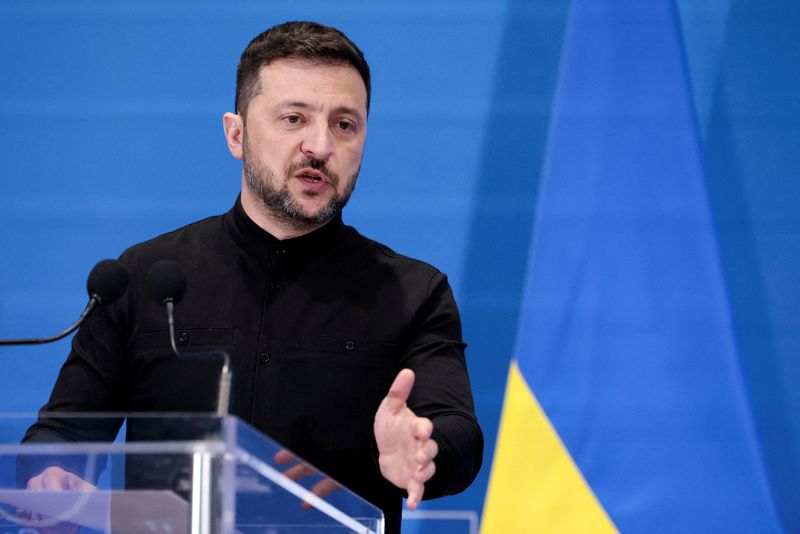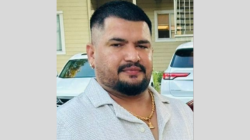Ongoing Peace Talks Between Ukraine and Russia
Peace talks between Ukraine and Russia are set to resume in Turkey, marking the first negotiations in seven weeks. Ukrainian President Volodymyr Zelenskiy shared this information through a senior Kyiv official on Monday, highlighting the importance of these discussions.
Zelenskiy emphasized the need for increased momentum in the negotiations during his address earlier that day. According to reports from Russian state news agencies TASS and RIA, the talks are expected to take place on Wednesday, with some sources suggesting they might extend over two days, including Thursday and Friday.
The Kremlin has expressed its position, stating that it is awaiting confirmation of the talk date. However, it also mentioned that the two sides remain “diametrically opposed” in their views on how to conclude the war. This indicates the challenges that lie ahead in achieving any meaningful agreement.
In his nightly video address, Zelenskiy discussed a conversation with Rustem Umerov, the secretary of Ukraine’s National Security and Defence Council. They talked about preparations for a prisoner exchange and another meeting with Russia in Turkey. Umerov reported that the meeting is planned for Wednesday, with more details expected soon.
Umerov, who previously served as defense minister, was appointed to his current role last week. He led the first two rounds of talks with Russia, showing his experience in handling such sensitive discussions. Ukraine has supported U.S. calls for an immediate ceasefire, while Moscow insists on certain conditions being met before considering a ceasefire.
Recent weeks have seen sustained attacks by Russian forces on Ukrainian cities, including missile and drone strikes that resulted in casualties. In response, Ukraine has launched long-range drone attacks, indicating the ongoing conflict’s intensity.
Zelenskiy outlined the agenda from Ukraine’s perspective, emphasizing the return of prisoners of war, abducted children, and the preparation for a leaders’ meeting. These points highlight the critical issues that need resolution.
Russian President Vladimir Putin faces pressure from U.S. President Donald Trump to show progress toward ending the conflict. Despite this, Putin has declined previous invitations from Zelenskiy to meet in person. Putin has also questioned Zelenskiy’s legitimacy as a leader, citing the lack of new elections in Ukraine under martial law.
Kremlin spokesman Dmitry Peskov noted that there are draft memorandums from both sides, but they remain diametrically opposed. This suggests that significant differences still exist between the two nations.
Despite two rounds of talks in Istanbul on May 16 and June 2, which led to the exchange of thousands of prisoners of war and remains of dead soldiers, no breakthrough has been achieved towards a ceasefire or a lasting settlement. The Kremlin continues to demand that Ukraine abandon four regions it claims have been incorporated into Russia.
Trump recently stated that he would impose new sanctions on Russia and countries purchasing its exports if no deal is reached within 50 days. This highlights the international pressure on both sides to find a resolution.
French Foreign Minister Jean-Noël Barrot, after talks with Zelenskiy, pointed out Russia’s refusal to implement an immediate ceasefire and its “maximalist” demands. He stressed the importance of diplomacy based on mutual respect and called for meetings at the level of heads of state and government.
Barrot also suggested the possibility of a tougher sanctions package if Putin does not agree to a ceasefire, reflecting the growing concern among international partners about the ongoing conflict.







